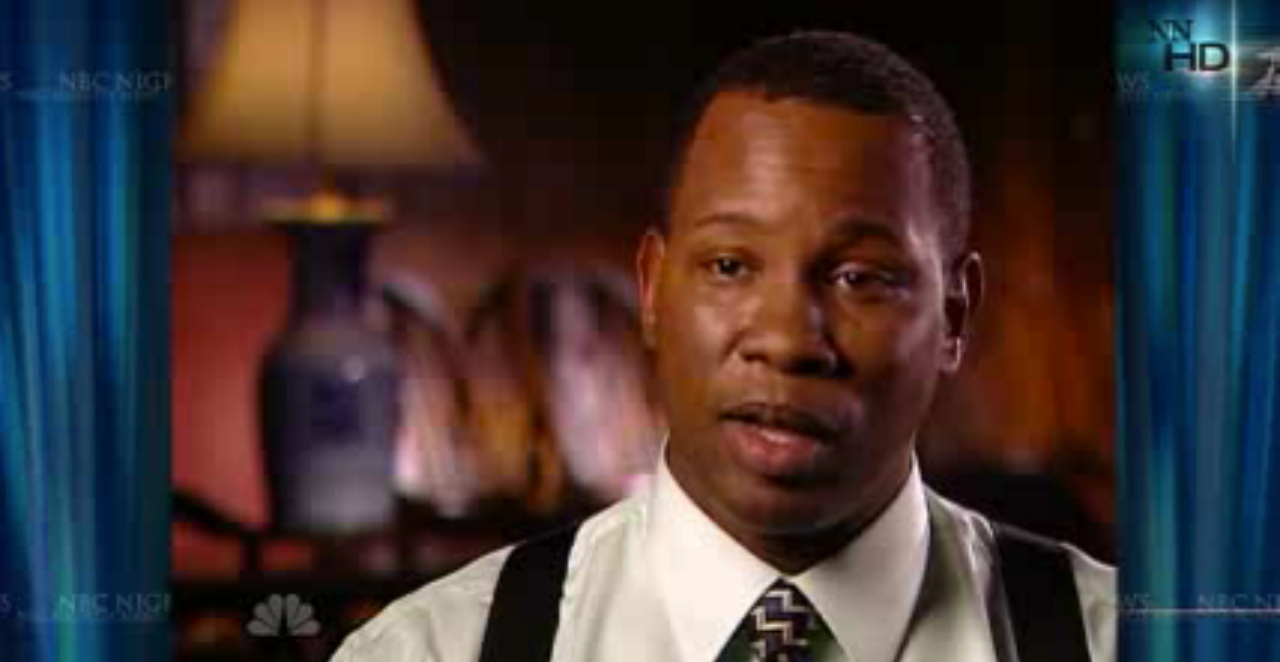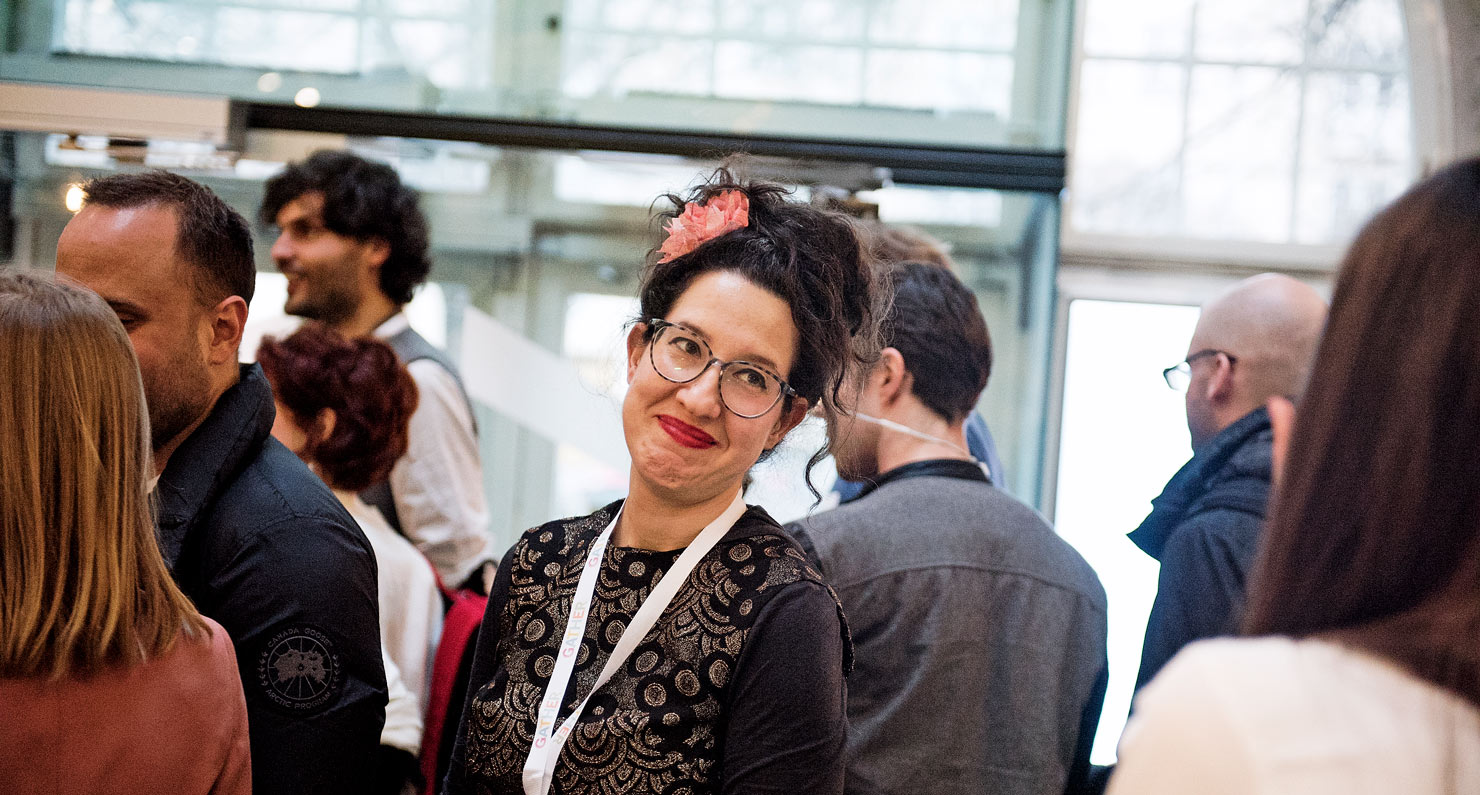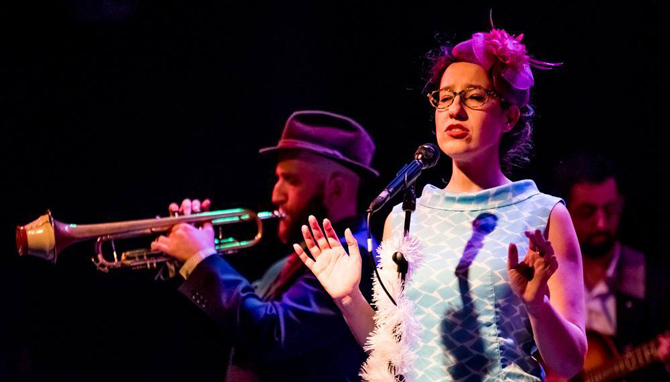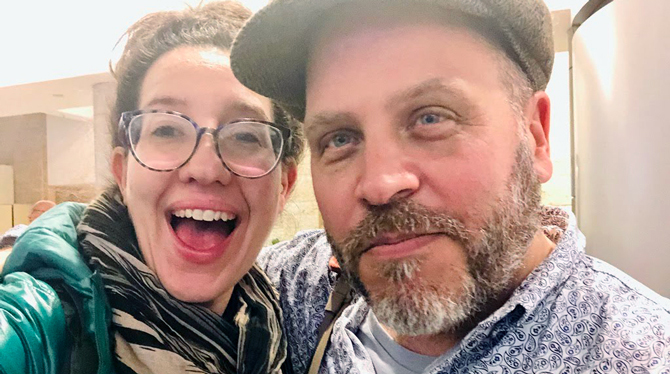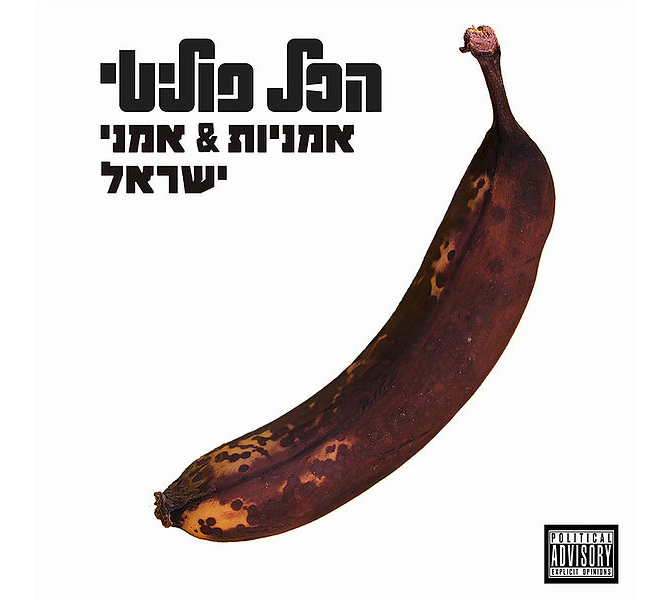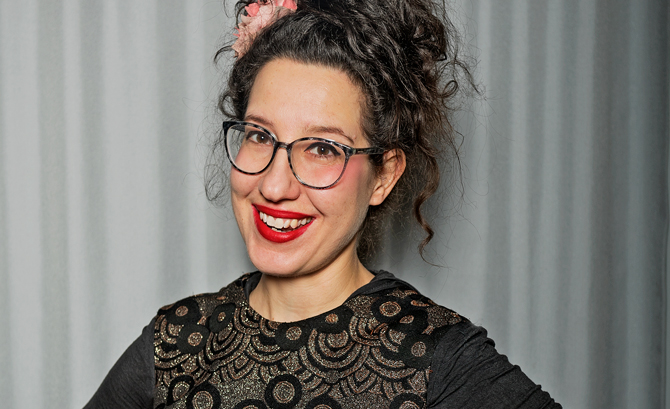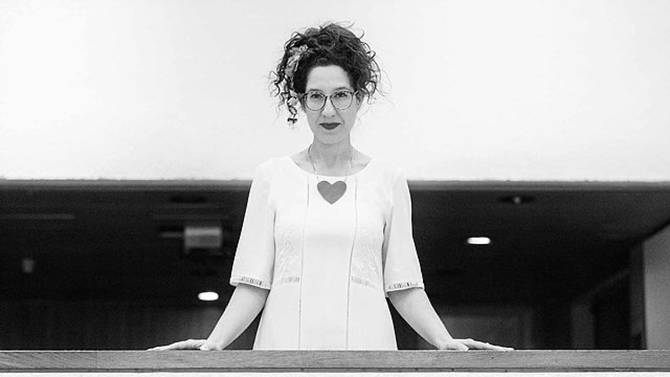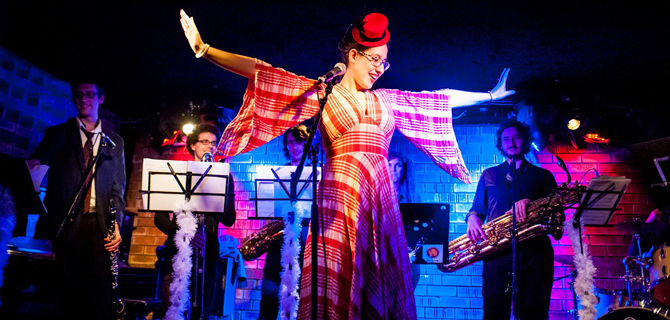NEW YORK | As released by the Office of the Spokesman, U.S. Department of State (as delivered):
SECRETARY OF STATE MADELINE K. ALBRIGHT: John, thank you very much, and thank you very much Nancy, Passant, Noa, Sa’ad, Kheerallah and Shouq. I have been honored to receive a number of awards in recent years, but I never have received one from Seeds. I will put it right in my office so that every time I look at it, I will be encouraged in my diplomatic gardening.
(Applause.)
Excellencies, Congressman Wayne Owens, and Congressman John Dingle, John Wallach, my good friend Richard Dreyfuss—congratulations—distinguished guests and friends good evening and thank you all very, very much. I never met Ruth Ratner Miller. And I am very, very sorry that I didn’t. But as you know, I have had the pleasure of working closely with her extraordinary son. And I know she was a remarkable woman. And Aaron, thank you very much for sticking through all this. We will do it. Thank you, very much.
She cared passionately about the cause of Middle East peace because she cared passionately about people—all people—and because she would not accept the view of some that there are limits to what can be achieved by people of good faith and good will working together. So I will accept this award on behalf of all those who believe that we should never allow the old limits, the conventional wisdom about what people can accomplish to hold us back. Rather we should push through those limits like plants rising through the soil.
Certainly this is the spirit that has helped the Seeds of Peace Program take root and grow from 45 participants five years ago, to a total of what will be now 1,000 ambassadors of peace who will have graduated by this summer. And this program is growing not only in numbers but in depth and ambition. I would like to really pay great tribute to John Wallach, who has done all of this, and who is a remarkable leader.
(Applause.)
Now, I have to tell you that John used to be journalist. Just think.
(Laughter.)
John, really, this is your dream and you have done an amazing job. And I am so proud to have gotten to know about this program. And it’s thanks to you and Aaron that I now consider myself not a Seed—I’m a little too big for that—but part of this.
We look forward to the Seeds of Peace Summit in Geneva next month and to the unprecedented summer sessions planned in Israel, the West Bank, and Jordan this summer. And most of all—most of all, we look forward to the day not far off when graduates of this program will begin to take their place in governments, on university faculties, and in businesses, social and religious institutions. And we can hope that the currents of tolerance and understanding they unleash will gather first into a mighty stream and then an unstoppable tide.
Sadly, the year since we gathered last spring to honor His Majesty King Hussein has been disappointing for friends of peace in the Middle East. A crisis of confidence has eroded the spirit of partnership between Israelis and Palestinians. We’ve witnessed horrible incidents of terror, seen unhelpful unilateral actions and heard both sides employ harsh accusations that have undermined the spirit of partnership necessary to advance peace. Last September—and then again in February—during visits to the Middle East, I saw firsthand the divisions and the deep sense of disappointment and uncertainty that exists in Israel, on the West Bank, and to an extent throughout the region. Because of these divisions, we have entered a period of grave danger.
We face the possibility that the momentum that had been built in the direction of peace will snap back and begin to run in reverse. If that happens, we may see a future in the Middle East that mirrors the grim and conflict-ridden past. We cannot let that happen—I repeat—we cannot let that happen.
(Applause.)
The leaders on all sides in the region know the history. For better or worse, they will one day be chapters in it. They also know that their peoples have gained much from the progress already made. Because of past breakthroughs strongly supported by the United States, Israel is at peace with Egypt and Jordan when in past decades they engaged in bitter war. As the State of Israel approaches its 50th anniversary this week—an event that Vice President Gore will be helping Israelis celebrate—Israel has an opportunity to obtain the security is has for too long been denied.
The United States understands how important this objective and is unshakably committed to helping Israelis achieve it. The way is now open if the will to resume negotiations is there for a comprehensive peace that includes Syria and Lebanon. A road map has been set out for regional cooperation on everything from water to the environment to refugees. The international community—including the United States—is working with the Palestinian people to relieve poverty, build infrastructure and create jobs.
And as a consequence of Oslo, Israelis and Palestinians have reached a series of agreements that if properly implemented will leave Israel more secure, Palestinians with real self-government and real responsibility for their own affairs, and create for both a chance to negotiate the core elements of a permanent peace. These are historic achievements that should not dismissed, underestimated, or forgotten. They provide the foundation for a future in which every people in the region could realize its hopes, in which every people could live free from the threat of terror and war—in which every people could exist in dignity and in which each could have the skills and the opportunity to participate in the global economy.
Ecclesiastics tells us there is a time to every purpose under Heaven. Tonight, the children of the Middle East have told us that this is the time for peace.
When I leave here tonight, I will fly to the Pacific Rim. And after my business there is done, I will fly further west until—in a week—I arrive in London. I will meet there separately with Prime Minister Netanyahu and Chairman Arafat. We will see then whether the two leaders are prepared to make the tough choices required to move the peace process along.
My message will be straightforward. It is no longer enough just to talk, or to talk about having more talks. We have been going around in circles for far too long.
Under Oslo, an agreement on permanent status should be reached by May 4, 1999, exactly one year from our meeting in London. The United States takes that date very seriously. Every effort should be made to meet that target. It will be difficult. But, as Ruth Ratner Miller would have reminded us, anything is possible if the will is there to get the job done.
What is needed is a recommitment to the spirit of partnership; a determination to work not against, but with each other; a willingness to agree to concrete steps; and the vision and courage sufficient to seize the strategic opportunity for peace that past progress has created.
In a very real sense, what we are asking Israelis and Palestinians and other Arabs to do as societies is what the Seeds of Peace program asks our young people—and by implication, all of us—to do as individuals.
To learn enough about history to know that others, too, have suffered and been treated unjustly.
To learn enough about our neighbors to know them not as crude stereotypes but as individuals, with apprehensions, affections and aspirations comparable to our own.
To learn enough about ourselves to understand that our own happiness cannot rest for long on the misery or deprivation of others, but rather must be built on the solid ground of decency and fairness.
And to care enough about the future to reject the easy path of recrimination and blame, and to climb instead the uphill path out of the wilderness to the high ground, where one-time enemies may live in prosperity and peace.
These are not easy lessons to learn. Perhaps, like a new language, the young find them less difficult. But none of us are too old to think and act anew.
Despite all the setbacks of the recent past, I am convinced that we will be able to say, one day, that these lessons have been learned.
The desire for peace, like the Burning Bush, is never consumed. Together, we must act on that desire.
In the words of King Hussein, “Let us not keep silent. Let our voices rise high enough to speak of our commitment to peace for all times to come. And let us tell those who live in darkness, who are the enemies of life and true faith, this is where we stand. This is our camp.”
Excellencies, friends, Seeds of Peace, tonight let us echo King Hussein’s call. Let us dedicate ourselves to enlarging our camp, so that the circle of peace embraces every Israeli, Palestinian and Arab in every nation in every part of the Middle East.
Inspired by the memory of Ruth Ratner Miller and by the example of the Seeds of Peace, let us cast our lot with those who have chosen to climb the path of reconciliation; let us support them, help them, and see them safely through.
As John said, I decided that I needed to come here even though I’m supposed to be on my way to the far East. I think that after listening to the Seeds and their message, I thing you know that I go with the wind at my back.
Thank you very much.


